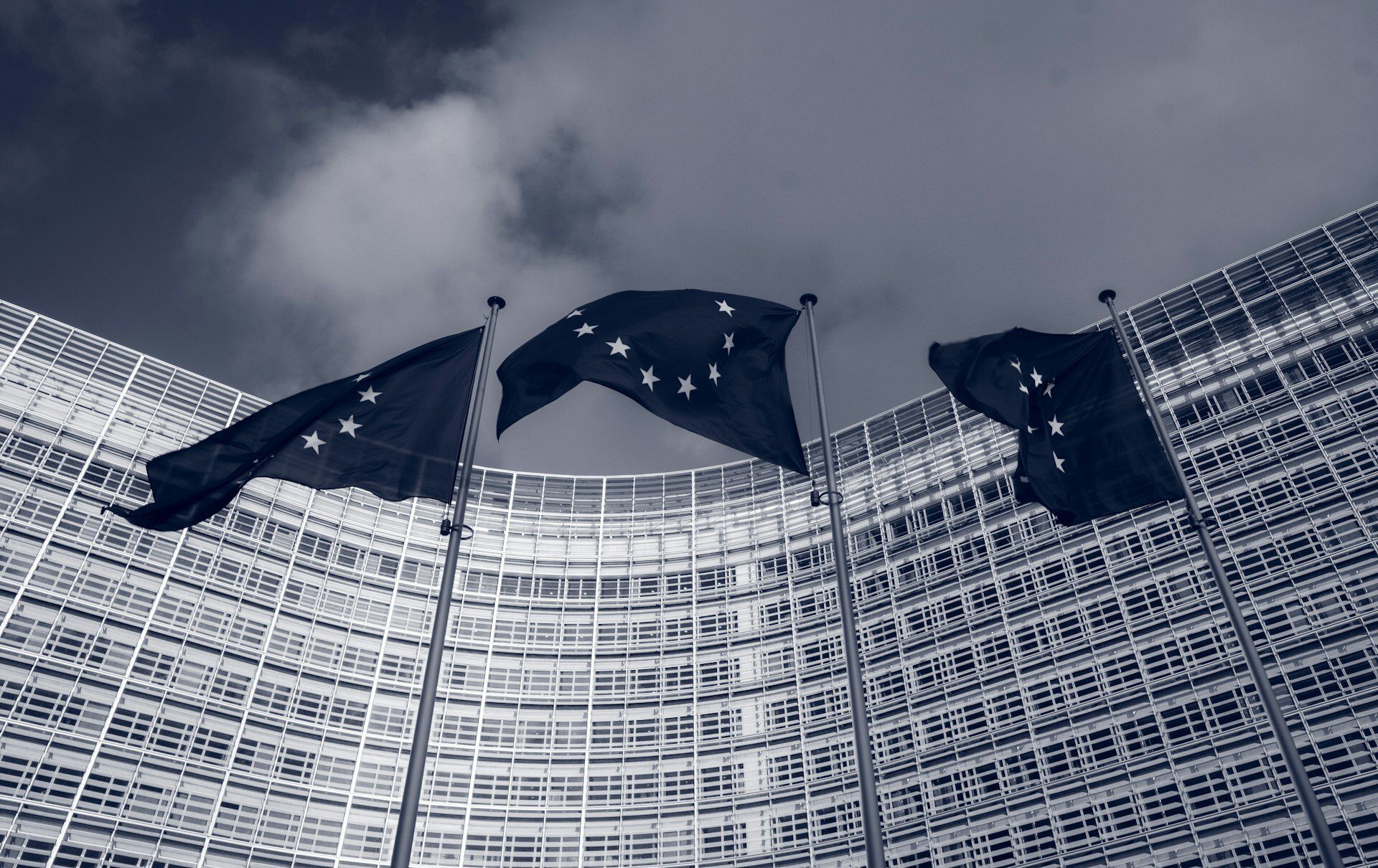
Since January 2024, the European Union’s (EU) Emissions Trading System (ETS) has included maritime transport.
What does that mean?
Maritime transport is one of the most energy-efficient modes of transport according to the European Commission. However, because of its importance to the EU economy, it has become a significant part of its greenhouse gas emissions.
At the European Union level, maritime transport represents 3-4% of the EU’s total CO2 emissions in 2021, and predictions suggest that by 2050 maritime transport contribution to global man-made emissions could rise by up to 130% of 2008 emissions. This issue could undermine the objectives of the Paris Agreement.
To address the issue, the International Maritime Organisation (IMO) committed to new targets for GHG emissions reductions in 2023 and set out to develop and adopt a basket of measures delivering on the reduction targets in 2025.
The EU ETS is a carbon emissions trading scheme that launched in 2005 with the intention of lowering greenhouse gas emissions in the EU. Cap and trade components allow companies to trade emissions rights within that area. The ETS covers approximately 45% of the EU’s greenhouse gas emissions.
EU ETS and maritime transport covers:
- Cargo and passenger ships of 5,000 gross tonnage (GT) and above, and
- Offshore ships of 5,000 GT and above from 2027
The emissions covered are:
- 100% of emissions between two EU ports when ships are within EU ports
- 50% of emissions from voyages starting or ending outside of the EU
- Initially carbon dioxide (CO2) emissions are covered, with methane (CH4) and nitrous oxide (N2O) added in 2026
To comply with the EU ETS, shipping companies need to:
Monitor and report their greenhouse gas emissions
Surrender enough allowances to fully account for their annual emissions
Submit an annual emissions report
Ensure data is verified by an accredited verifier by 31 March of the following year
Penalties for non-compliance
The importance of EU ETS for maritime transport is underscored by the severance of the potential penaltie. Non-compliance could lead to:
A significant penalty at €100 per tonne of CO2 emitted for which the operator has failed to surrender allowances.
Detention by the EU Member State the ship is flagged in.
Denial of entry of the entire managed fleet into a port under the jurisdiction of an EU Member State.
In practice, shipping companies must purchase and use EU ETS emissions allowances for each tonne of reported CO2 (or CO2 equivalent) emissions in scope of the system.

From January 2027, the EU will launch EU ETS2, expanding carbon pricing to road transport, buildings, and certain industrial sectors not covered by the original EU ETS. Unlike its predecessor, ETS2 targets upstream CO2 emissions, requiring fuel suppliers to hold emission allowances for the fuel they place on the market. This system will cover around 40% of the EU’s total greenhouse gas emissions and is part of the broader Fit for 55 package aimed at reducing emissions by 55% by 2030.
Additional initiatives, including maritime regulations, renewable energy targets, and energy taxation reforms support the EU’s ambition to decarbonize transport and reach net-zero emissions by 2050, aligning with updated IMO goals.
In conclusion
The current contribution of 3-4% of the EU’s CO2 emissions by shipping is unsustainable if the EU is to meet its Paris Agreement, Fit for 55 and EU Green Deal obligations. The inclusion of maritime transport in such processes ensures that loftier goals for GHG emissions reduction can be pursued by the EU.
More about the EU ETS: European Commission - EU Action
Related content











